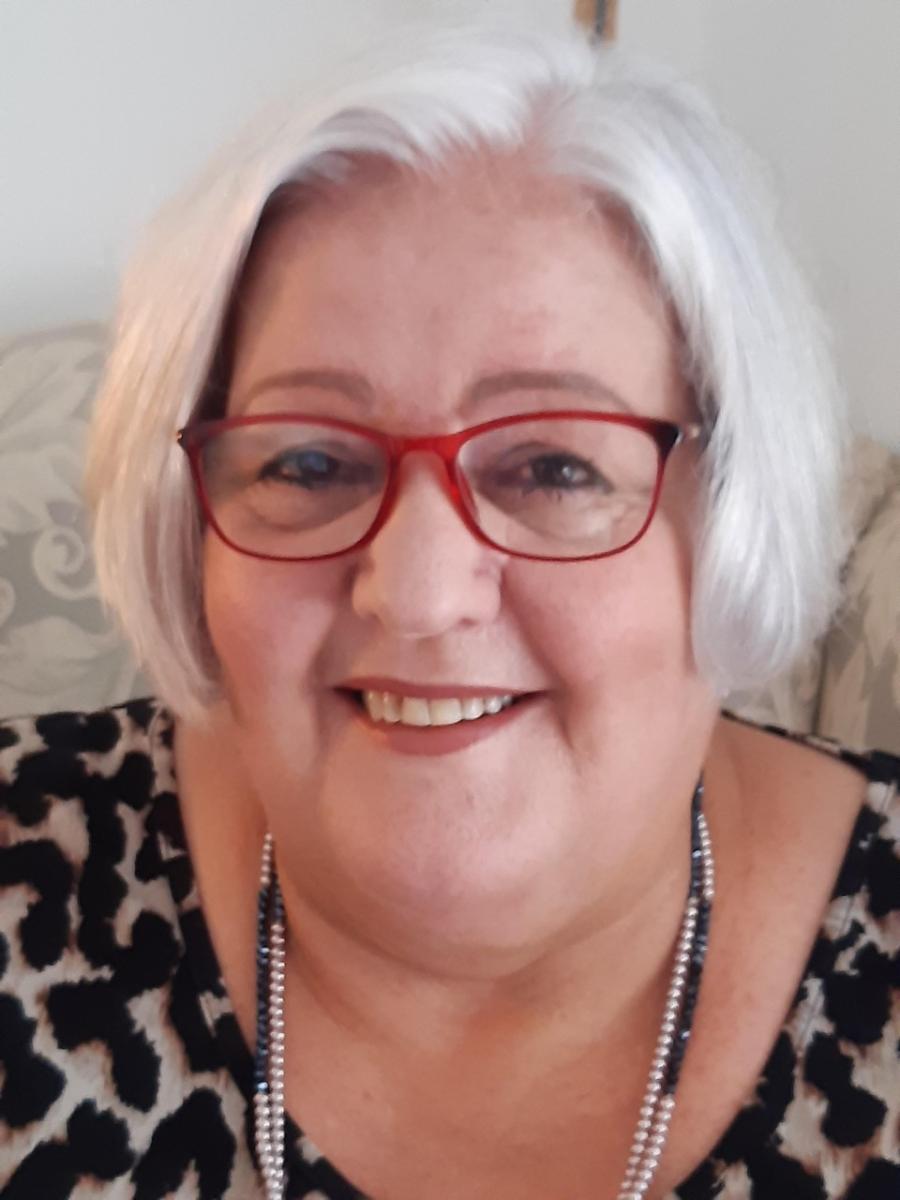Written by Shirley Hussie – Relationship and Family Counsellor
The flow-on effects of COVID are still impacting us in one way or another.
Lockdowns and social distancing forced couples and families to spend more time together, putting extra pressure on relationships. For some couples, COVID has been a catalyst for breakdown in the relationship, leading to high levels of conflict and separation.
Some of us are experiencing the financial stress from loss of income, or the stress of working from home and having to home-school children.
Some young people are struggling to feel excited about their future, and there’s a general feeling of uncertainty about the state of the world.
It’s easy to feel helpless when someone you care about is having a hard time coping. We hope this advice helps you support them and maintain your own mental health during this time.
Signs Someone Might be Struggling
The best way to determine whether someone is struggling is to ask them, but these signs may indicate someone is having a tough time with their mental health:
- Irritability or edginess
- Withdrawing from friends and family
- Being less responsive to texts and calls
- Reports of changes in sleeping/eating
- Increased use of alcohol and/or drugs
- General changes in behaviour
- Using social media to voice their concerns or ceasing to be active on social media.
How to Check in with Someone
These conversations aren’t always easy, but taking the time to check in lets your loved one know someone cares and they’re not alone.
The best way to support someone struggling is to create space for them to be heard. Ask if they’re OK, and truly listen and validate their feelings and concerns. Empathising with their situation can make the world of difference.
If you’ve picked up on some concerning behaviours, you can use those examples to start the conversation. For example, “I’ve noticed you haven’t been coming to as many social events. I’m just wondering how you’re doing at the moment?”
Maintaining Your Mental Health During COVID
If you or someone you know is struggling, seeking support is a positive and powerful first step. You can seek support from a trusted friend or family member or get in touch with an organisation or private mental health provider.
A problem shared is a problem halved, and knowing that we’re not alone at this time is extremely important and helpful.
We could all benefit from some extra self-care right now. All this stress can have significant impacts on our life. It impacts us physically, mentally, emotionally, and spiritually.
Simple techniques to calm the nervous system and de-stress include:
- Spending time in nature
- Focusing on your breath
- Going for a walk or run
- Simply resting and being still
- Listening to calming music
- Meditating
- Spending time with loved ones.
RAQ provides confidential counselling in person, over the phone, and over video chat. You can learn more here, or call 1300 364 277 to make an appointment.
 Shirley Hussie is a Relationship Counsellor with over 20 years’ counselling experience. Shirley has been with Relationships Australia QLD since March 2009 and has had extensive experience working with couples in conflict and couples at risk of separation as well as families at risk of breakdown.
Shirley Hussie is a Relationship Counsellor with over 20 years’ counselling experience. Shirley has been with Relationships Australia QLD since March 2009 and has had extensive experience working with couples in conflict and couples at risk of separation as well as families at risk of breakdown.
Outside of RAQ, Shirley works in private practice as a Coach and Counsellor working with individuals and couples who struggle with unhealthy lifestyle habits including drug and alcohol addiction. She helps them make positive change and regain control of their lives so they can thrive rather than survive.
Shirley’s passion for Counselling and Coaching is matched by her passion for transforming lives. This passion for transformation is at the heart of Shirley’s work for RAQ.


